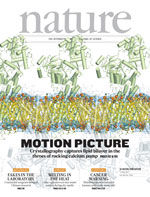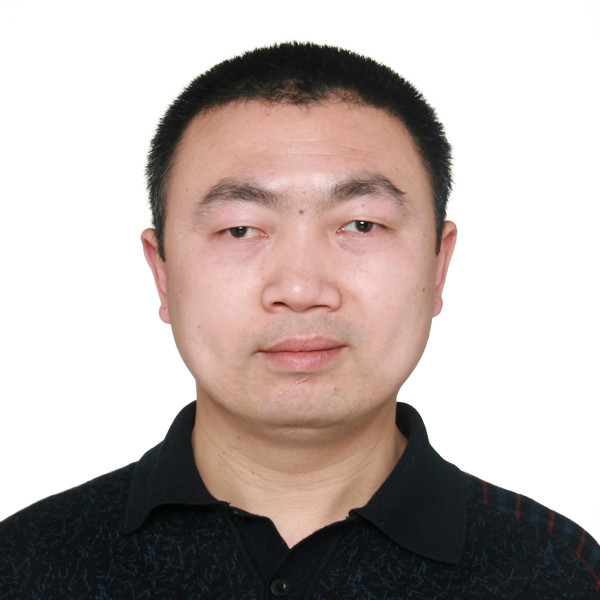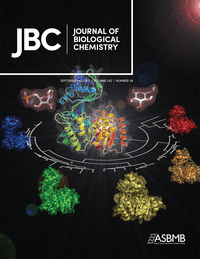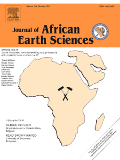 When several recent submissions raised a red flag, a pediatrics journal decided to investigate. The journal, Pediatrics in Review, discovered “citation and attribution errors” in three case studies, which the journal has now retracted.
When several recent submissions raised a red flag, a pediatrics journal decided to investigate. The journal, Pediatrics in Review, discovered “citation and attribution errors” in three case studies, which the journal has now retracted.
Luann Zanzola, the managing editor of the journal, explained that the editors caught the errors when they scanned the three papers—one published in 2014 and two in 2015—using the plagiarism detection software, iThenticate. Zanzola told us that the three case studies “were flagged for high iThenticate scores,” and when the authors could not adequately explain the amount of text overlap, the editors retracted the papers.
The retraction notices for the three papers, published in the journal’s September 2017 issue, are identical: Continue reading So, was it plagiarism? Journal retracts three papers over “citation and attribution errors”
 A social psychology journal has added an expression of concern to a paper by
A social psychology journal has added an expression of concern to a paper by 





 The
The  In February 2016,
In February 2016,